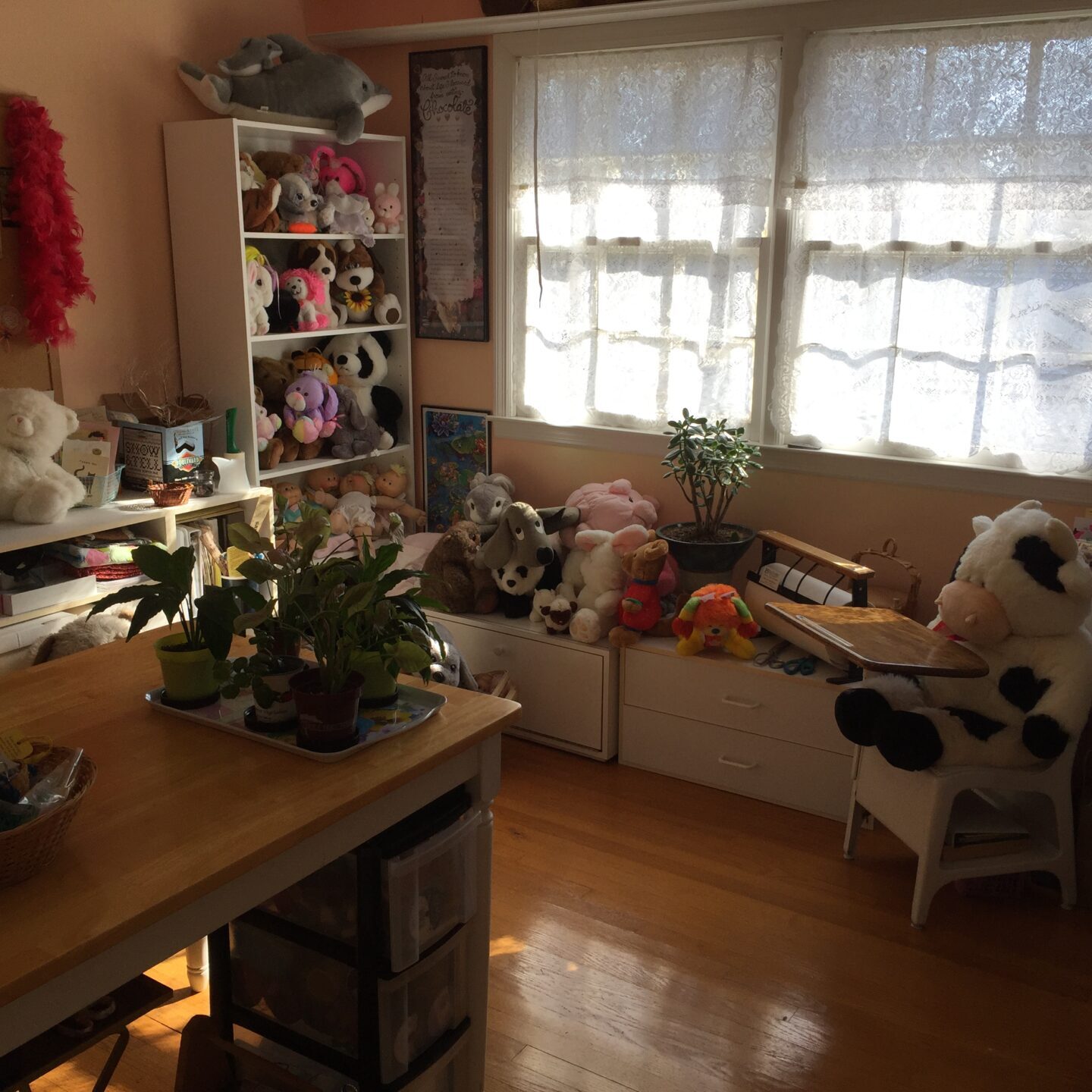
As I work with people, I hear the word “hoarder” a lot. “My mom doesn’t throw anything away; she’s a hoarder. My kid won’t get rid of anything; he’s a hoarder. My husband still has clothes he wore in college; he’s a hoarder.”
As I wrote my soon-to-be-released book on clutter, I needed to define terms for my readers. For instance, just because we keep things doesn’t make us a hoarder. It might mean we’re disorganized and don’t know where anything goes, or our system doesn’t work for the way we actually live, or we need to stop shopping as a hobby.
It might also mean we’re a Keeper. I do a lot of work with mixed couples, where one is a Keeper and the other is a Tosser. Tosser-Tosser couples never need my help, but Keeper-Tosser couples are definitely an arena I often find myself in, acting as referee.
But I promised you definitions, so here they are. You might be surprised by a couple of them!
ORGANIZING: Having a proper place for everything, so that a thing is where we need it when we need it. A place for everything, everything in its place.
CLUTTER: When we feel disorganized, out of control, overwhelmed, and stressed upon seeing our stuff, then it’s clutter. Clutter is found wherever there are surfaces, drawers and doors.
SPILL-OVER: When the space where something should go is already full, the spill-over sits out in the open, or elsewhere, in a place it doesn’t belong. We forget that it’s in the other place, can’t find it when we need it, and buy more, creating more spill-over.
OFF-LOADING: The act of removing items from the house. Often, the value of an item determines how it will be off-loaded: sold on consignment, sold on-line, sold at a garage sale, given to a family member or friend, donated, dragged to the curb for the neighbors to haul off, recycled (as in paper, boxes, plastic), or tossed in the trash.
PURGING: The act of choosing what to keep, and off-loading the unchosen.
TIDYING: The act of returning items to their proper place after being used: returning toys from the floor to their toy bin; doing laundry then putting clean clothes in their closet or dresser drawers instead of the floor in the laundry basket; taking every item to its proper place when it enters the home.
CLEANING: Requires the use of a product and/or tool: vacuum, dust cloth, sprays, wipes, disinfectant, sponge, mop, etc.
HOARDING: A breakdown in the psyche, often born from emotional trauma-based depression, that prevents a person from seeing their possessions and environment rationally, resulting in stacks of unused items, filth and dysfunction. It may be combined with a shopping compulsion.
MINIMALISM: A way of life that involves intentional spending and conscious decision-making with regards to our stuff, our space, and our money, often for the payoff of non-material pursuits, such as a hobby, travel, or way of life. Choosing to live intentionally can occur at any point in life. It can be an evolving process or a drastic shift. The quantity of items becomes secondary to the quality of life being pursued.
For more information about how these definitions apply to your real world, read: Why Decluttering is So Overwhelming. You can also reach out to discuss your particular area of frustration. A couple of hours with me can literally change your life as you are able to see your stuff more clearly, and make decisions more easily.
Copyright © 2022 by Cynthia Gentry Black, Home Staging by Cynthia, LLC in Kansas City.
All rights reserved. No portion may be shared, reused or republished in any format without express written consent of the author.
